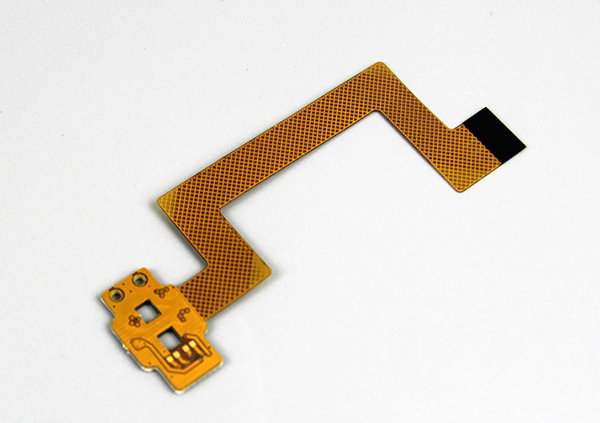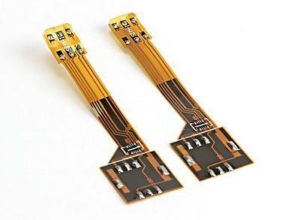Explore the application of FPC multilayer boards in smart devices!
FPC multi-layer boards are increasingly used in smart devices. Its unique performance and design advantages have significantly improved the functionality, performance and user experience of smart devices. The following are some of the main uses of FPC multi-layer boards in smart devices. Application exploration:
Internal connection and wiring: In smart devices such as smartphones and tablets, FPC multilayer boards are widely used for the connection and wiring of internal components. The multilayer design allows for more complex circuit layouts within a limited space, thereby improving the integration and reliability of the device. At the same time, the flexible nature of FPC allows greater flexibility in the design and manufacturing process of the device, helping to achieve a thinner, lighter, and more compact product design.
Touch screen and display module: FPC multilayer boards play an important role in touch screen and display modules. They can connect display screens, touch screen controllers and other key components to achieve high-quality image transmission and touch response. Due to the thinness and flexibility of FPC soft boards, they can easily adapt to various screen sizes and shapes, providing excellent visual and interactive experience for smart devices.
Sensors and camera modules: In smart devices, various sensors and camera modules require stable and reliable circuit connections. FPC multilayer boards can provide such connections and ensure high-speed data transmission and accuracy. In addition, the flexible characteristics of FPC can also help sensors and camera modules adapt to different installation positions and angles, thereby improving the applicability and flexibility of the equipment.
Power management and battery systems: FPC multilayer boards are also widely used in power management and battery systems. They can connect key components such as batteries, chargers, and power management chips to achieve efficient energy transmission and management. By optimizing the power management system, FPC multilayer boards can improve the battery life and charging efficiency of the device, bringing a better user experience.
Modular design: The modular design of FPC multilayer boards makes smart devices more convenient to upgrade, repair and expand. By connecting different functional modules through FPC multilayer boards, the equipment can be expanded and upgraded more flexibly. In addition, since FPC is very easy to install and repair, users can easily replace or upgrade a module in the device, thereby extending the service life of the device and reducing maintenance costs.
The application of FPC multilayer boards in smart devices provides devices with higher integration, reliability, flexibility and user experience. With the continuous development and popularization of smart devices, the application prospects of FPC multilayer boards will become more and more broad.




